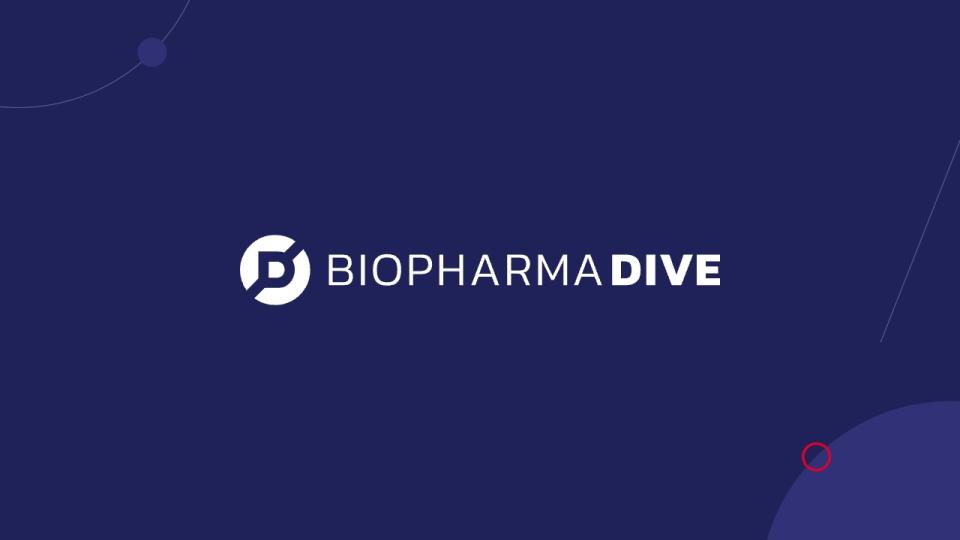Regeneron, Sanofi to seek new Dupixent approval in US after COPD success

Dive Brief:
Regeneron Pharmaceuticals and Sanofi plan to soon ask the Food and Drug Administration to expand approval of their blockbuster drug Dupixent after results from a large clinical trial showed it could help treat a certain kind of chronic obstructive pulmonary disease.
The positive data, from a Phase 3 study called NOTUS, are the second time Dupixent has succeeded in late-stage testing for chronic obstructive pulmonary disease, or COPD. Another trial called BOREAS showed similarly strong results in March.
If approved, Dupixent would be the first biologic drug for people with moderate-to-severe COPD who have signs of what’s known as “Type 2 inflammation,” a form of immune response that Dupixent tamps down.
Dive Insight:
Dupixent is one of the pharmaceutical industry’s most successful products. Approved in the U.S. to treat five different inflammatory conditions, the drug is by far each of the companies’ top-seller.
An approval in COPD could help expand Dupixent’s market further, and give people with COPD a new option for counteracting the disease “exacerbations” that erode lung function.
Regeneron and Sanofi have already applied for an approval in the EU, where data from BOREAS are being reviewed by the European Medicines Agency. The positive data give the companies the additional support they need to seek an OK in the U.S.
NOTUS and BOREAS were designed to be matching Phase 3 trials comparing Dupixent to placebo in current or former smokers who had COPD and met criteria showing their disease involved Type 2 inflammation. Together, the studies enrolled nearly 1,900 people, all of whom were already on and continued COPD treatment with other drugs.
In NOTUS, treatment with Dupixent cut the rate of moderate-to-severe exacerbations versus placebo by 34% over one year, slightly higher than the 30% reported in BOREAS. Both studies also showed the drug improved lung function, measured by forced expiratory volume over one second.
“We think the replication of reductions in COPD exacerbations across two Phase 3 trials creates a high probability scenario that the indication will be added to the label,” wrote Brian Skorney, an analyst at Baird, in a note to clients. Dupixent is already used in asthma, so pulmonary specialists are already likely familiar with the drug, Skorney noted, which could help any future commercial launch.
Side effects in the NOTUS study were generally similar to what was reported in BOREAS. More people on Dupixent in NOTUS had COVID-19, nasopharyngitis or headache than did those who received placebo. There were also more deaths from adverse events in the treatment arm than in the control, but that was not the case in BOREAS.
To Regeneron and Sanofi, the data prove the role played by Type 2 inflammation in COPD, a disease that’s long been linked to amplified “innate” immune responses. One-fifth to two-fifths of affected individuals also appear to have Type 2 inflammatory responses, however.
Regeneron and Sanofi are developing another drug for COPD called itepekimab. Data for that drug are expected in 2025 and, if positive, could help the companies reach more people with moderate-to-severe COPD who have recurring exacerbations.
Shares in both companies were little changed in Monday morning trading following the news.
This story was originally published on BioPharma Dive. To receive daily news and insights, subscribe to our free daily BioPharma Dive newsletter.
